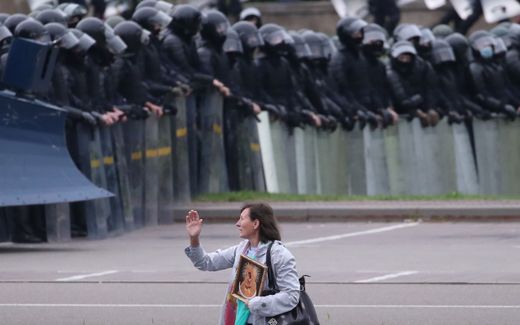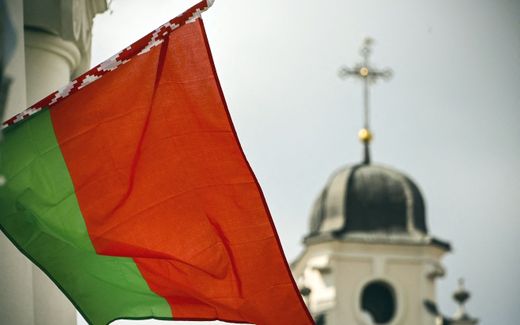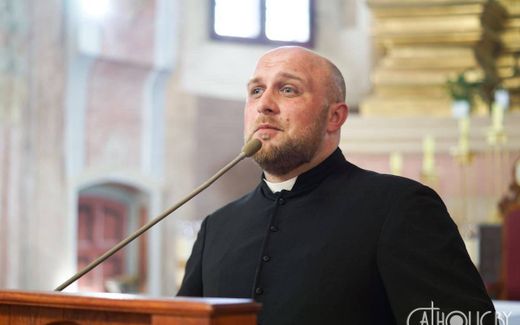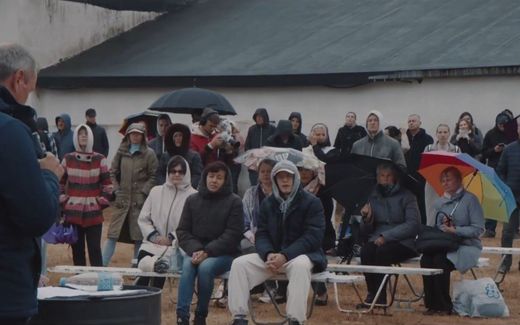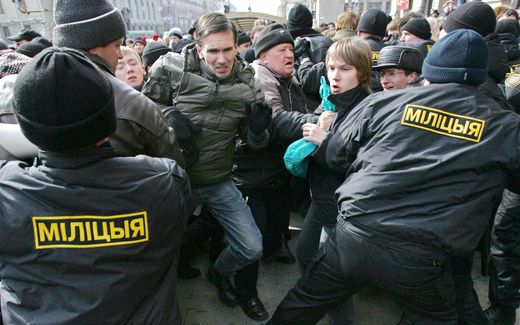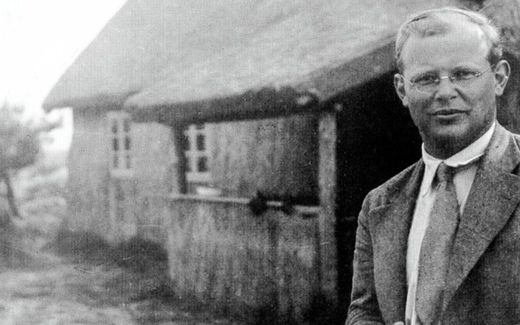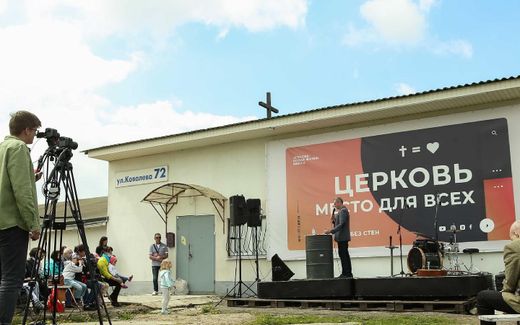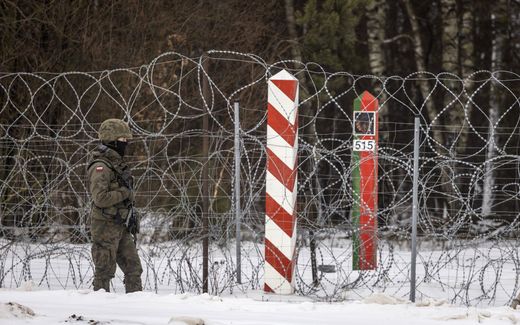Lukashenko puts Belarusian Christians under pressure
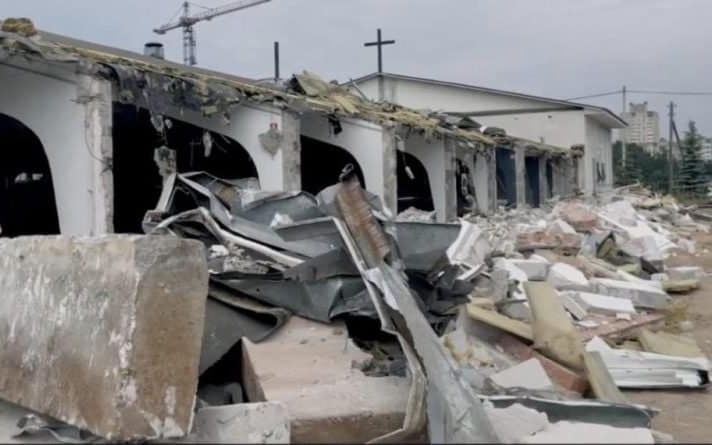
The church of the New Life congregation, which had been meeting on its parking lot for months, was destroyed by the Belarussian authorities. Photo Facebook, Христианская Визия
Eastern Europe
Belarusian President Aleksandr Lukashenko seems to be on a witch hunt. The freedom of Belarusian Christians is hanging on a thread.
Even though Belarus officially recognises that citizens have the right to religious freedom, the practice of that right is not always evident. Under the guise of state security, the Belarusian authorities do not shy away from closing churches and arresting pastors. And the repression of Christian communities seems to get worse.
The latest development concerning religious freedom is the demolition of the New Life Church in Minsk. Earlier this month, bulldozers entered the premises of the Pentecostal church. They were there on behalf of the Belarusian authorities. Without pardon, the construction workers reduced the house of worship to a pile of rubble.
Conflict
The destruction of the building is the escalation of a larger conflict between the congregation and the Belarusian authorities. Forum 18 closely followed the developments. When the struggle exactly started remains a bit unclear. Still, already in 2002, the regime repeatedly denied the church's requests to change the official designation of their plot of land, which was still officially registered as a cowshed, even though the congregation had already built a church there. In 2005, the authorities denied the believers all rights to the use of their own plot of land, Euroradio reports.
As the church ignored this order and kept using their house of worship, a court ordered their eviction. In January 2021, believers were banished forcibly from their building. They then decided to hold their meetings in the parking lot. Nevertheless, the Belarusian authorities were determined to break up the church. They criminalised the meetings in the parking lot and even detained and fined the pastor of the church, as CNE reported earlier.
Violence
And New Life Church is not the only Christian community that suffers under the Belarusian regime. Especially since the uprisings after the Presidential election in 2020, the government has been suspicious of churches. In that year, the political opposition believed that the election of President Lukashenko was fraudulent. People went to the street en masse, but the regime suppressed these uprisings with violence. And Christians suffered because of that as well.
Earlier, CNE spoke to pastor Vitaly Chichmarev who was detained after the protests. The official explanation for his arrest was that he participated in so-called peace marches. However, he is not the only pastor that was put behind bars.
Pastor Dmitry Podlobko suffered the same fate as Chichmarev. He had administered Baptism in a swimming pool in his backyard without permission from the government. And that is strongly forbidden in Belarus. Therefore, he was sentenced to a jail term in August 2022. Before that, he was already fined because of the same "offence".
Hymns
Lukashenko also seems to see the Roman Catholic Church as a threat to his regime. Believers have been persecuted for trivial reasons, such as singing hymns from a certain composer, CNE reported. After the Russian invasion of Ukraine, which Belarus supports, the Roman Catholic Church showed disdain, which resulted in even more pressure from the government. They closed a church in Minsk, for example. One of the reasons why Lukashenko is critical of the Roman Catholic Church might be that he sees it as a foreign agent.
And these are only a few of the instances in which Christians experience pressure from the Belarusian regime.
Inspections
And the Belarussian government tightens the net around religious communities even more. Earlier this month, it announced an amendment of the law "On Freedom of Conscience and Religious Organisations".
If the amendments come into force, it will become even harder for churches to obtain official registration, which is necessary to operate legally. In addition, religious communities may only hold activities on premises that are officially designed for that purpose. Local authorities receive more power to restrict the freedoms of religious organisations, conduct inspections or even ban church activities. Christian organisations have expressed their concerns about the changes, CNE wrote.
Related Articles


